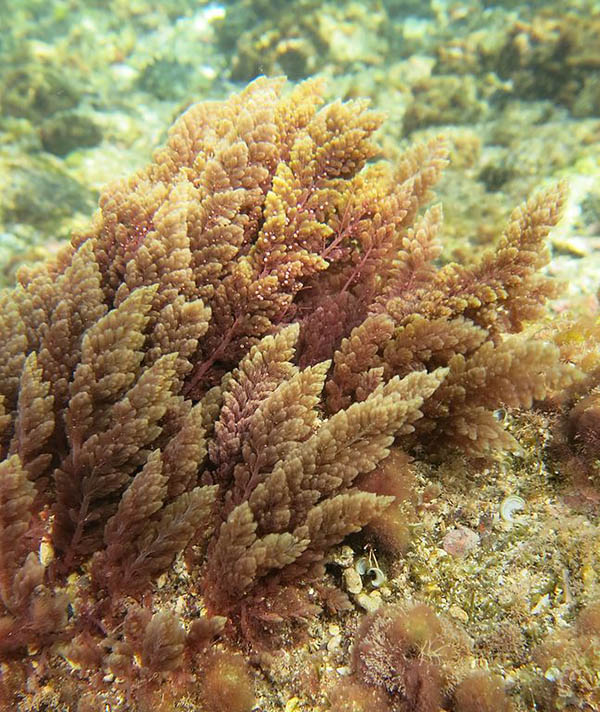
Responsibility
‘Red sea plume’ alga may significantly reduce greenhouse gas emissions from cow manure
Adding red sea plume (Asparagopsis taxiformis) to stored dairy cow manure can cut greenhouse gas emissions nearly in half, a new study finds.
Fisheries
Ocean warming and increased frequency of marine heatwaves could lead to higher Chinook salmon bycatch rates, scientists say.

Responsibility
Adding red sea plume (Asparagopsis taxiformis) to stored dairy cow manure can cut greenhouse gas emissions nearly in half, a new study finds.
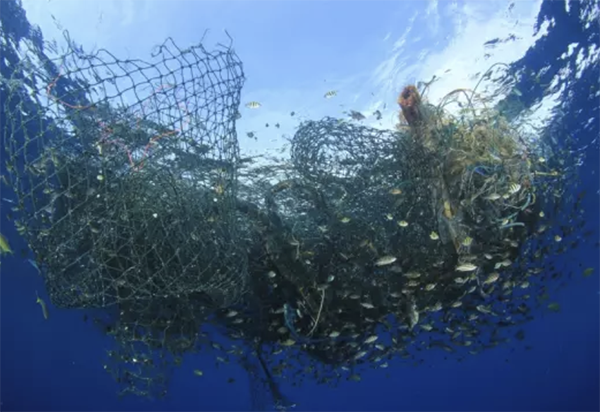
Fisheries
Biodegradable fishing gear must improve to help address the environmental and economic impacts of ghost fishing, a new study concludes.
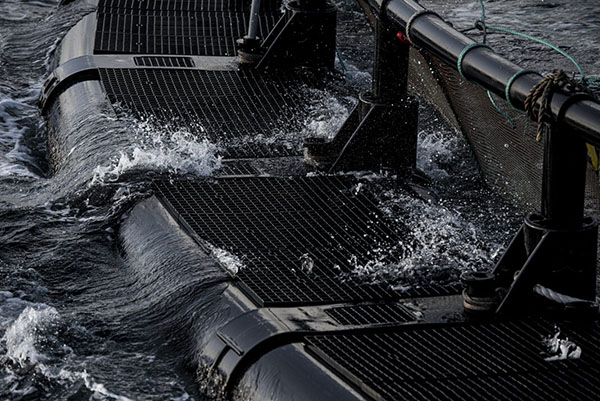
Responsibility
Plastic recycling from the aquaculture sector can be a commercially viable circular economy initiative, concludes SINTEF researchers.
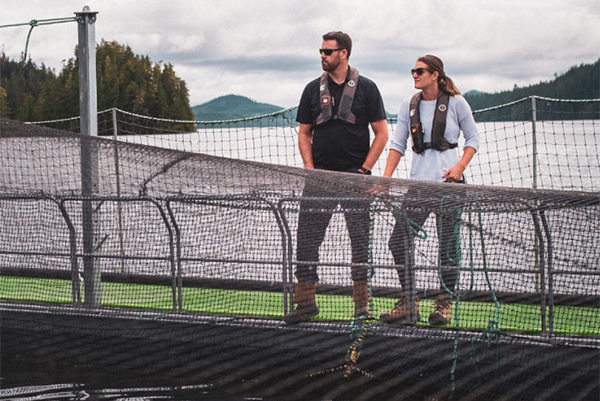
Health & Welfare
Novel "ecosystem-supporting" technology may improve fish welfare and performance, and reduce interactions between wild and farm-raised fish.
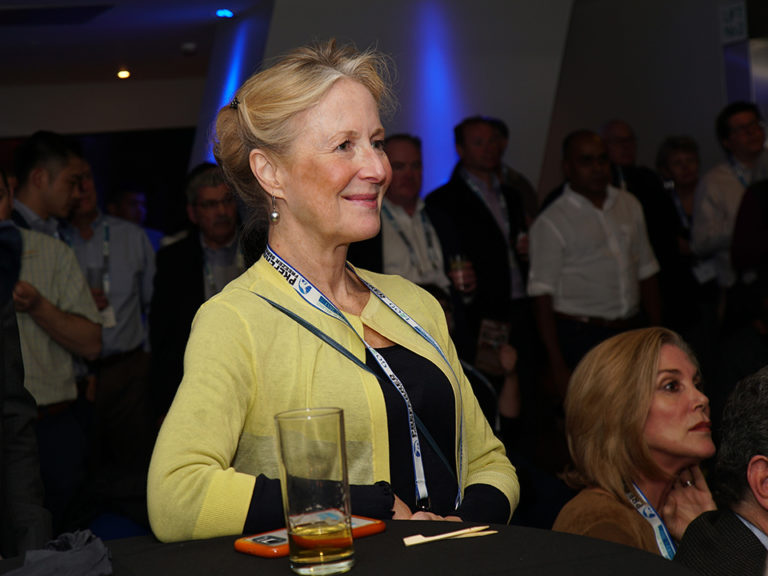
Health & Welfare
Biotech pioneer QuantiDoc's Veribarr tool gives an objective, quantitative measure of the strength of a farmed fish's skin, gills and guts.
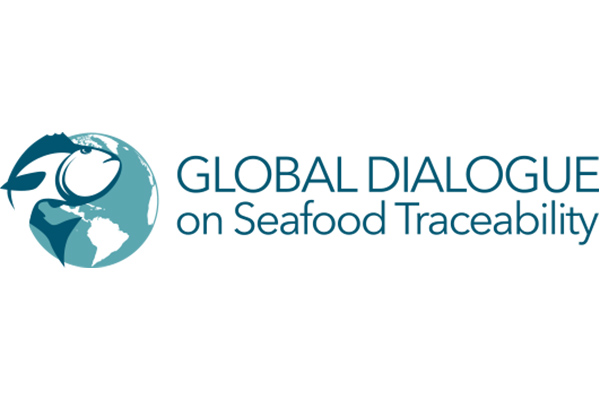
Intelligence
A new tool from GDST is designed to help assess progress in implementing seafood traceability standards across the supply chain.
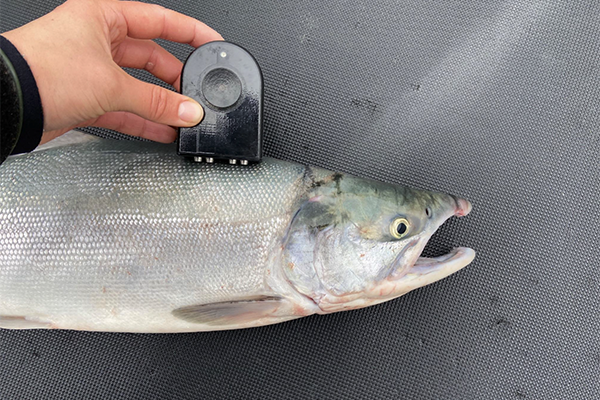
Intelligence
Salmon processors are using a bioelectrical impedance analysis device as part of a wider commitment to improving product quality.
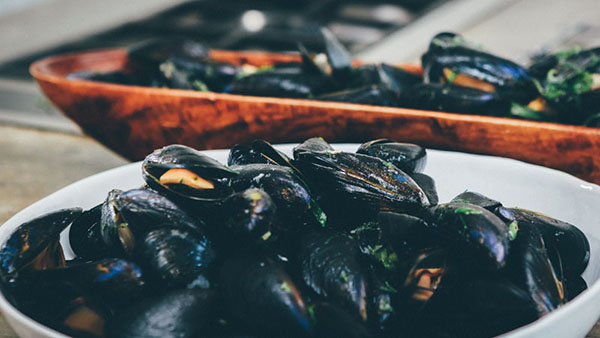
Innovation & Investment
A new genomic chip guarantees the authenticity of Galician mussels, leading to improved seafood traceability and food fraud prevention.
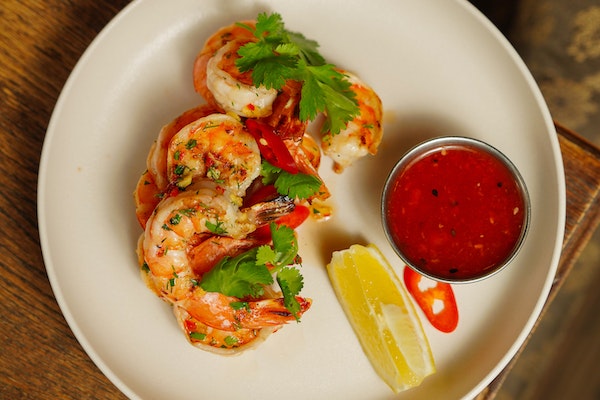
Health & Welfare
A new method using pressure and steam can produce a less-allergenic shrimp product, which is good news for people with a shrimp allergy.

Innovation & Investment
A new artificial intelligence-based computer vision system can count and measure shrimp with up to 95 percent accuracy.
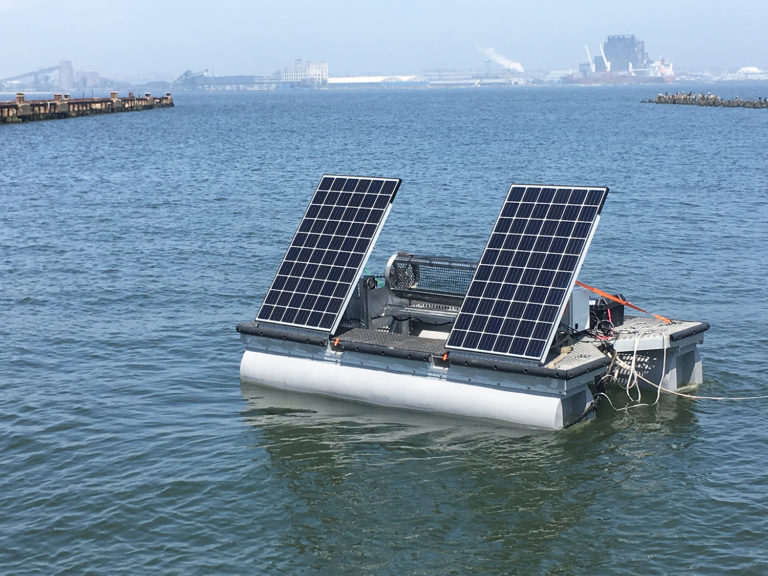
Intelligence
Survival rates of over 90 percent were observed using solar-powered oyster production technology, leading to the placement of a second spat.
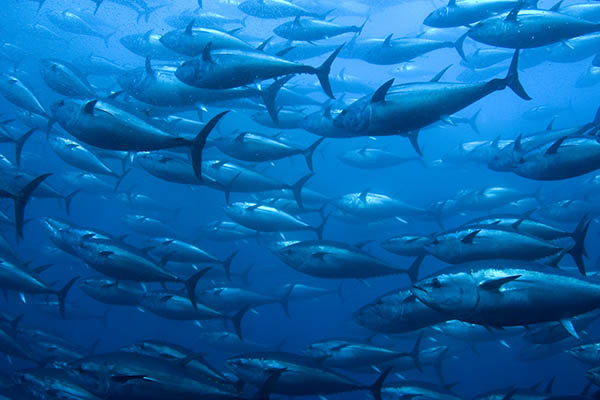
Responsibility
Aquatic food producers are vulnerable to the effects of climate change, with USA, China and Thailand at the most risk, a UCSB study finds.
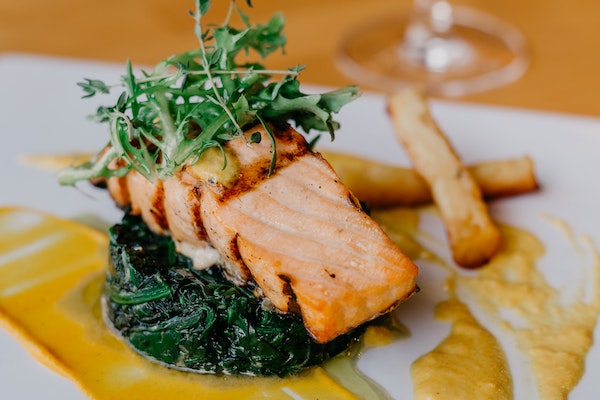
Responsibility
New guidelines advise eating more fish and plant-based foods while cutting down on red meat to achieve a healthy, climate-friendly diet.
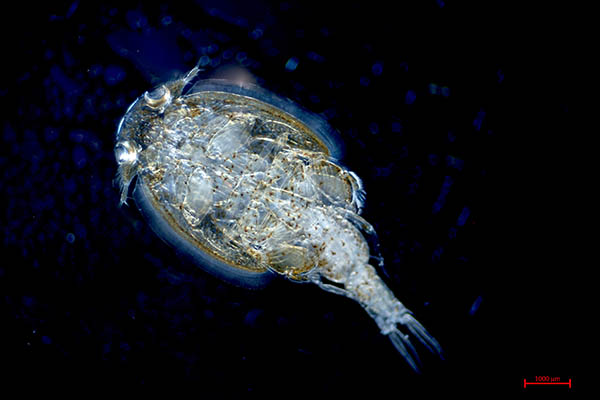
Health & Welfare
Viruses may prevent "explosions" in sea lice populations, offering a natural control agent for salmon parasites, according to a UBC study.
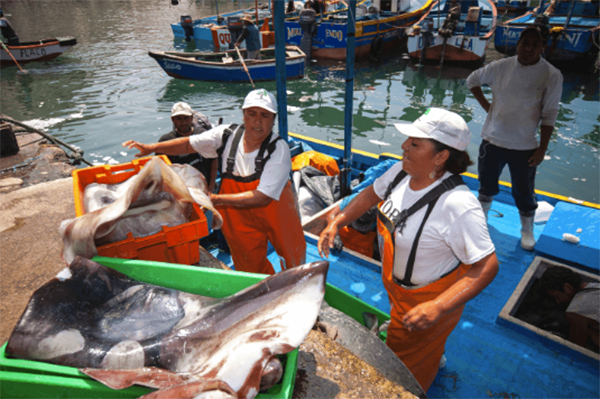
Fisheries
Peru last week issued a decree to enable fish-harvester cooperatives to legally register for its mahimahi and jumbo flying squid fisheries.